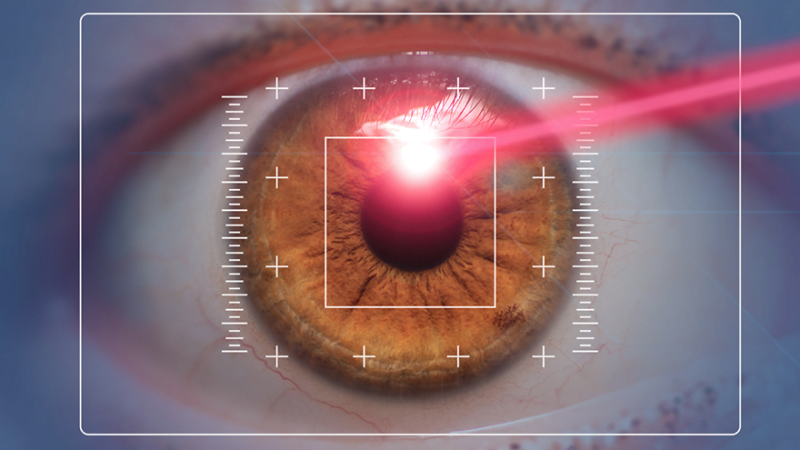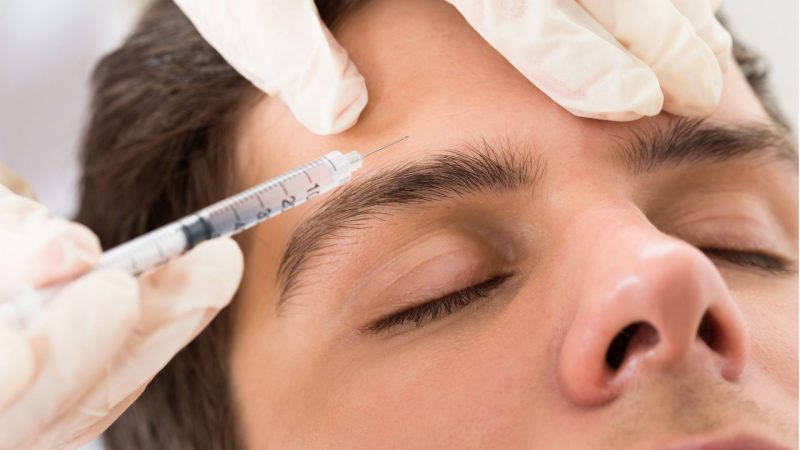Why is Research Important in Dermatology?

Among the important reasons for dermatologic research is discovering new treatments and cures for skin diseases. There are several types of research, from genetics to clinical trials and social media. These research methods provide valuable information that can help us treat patients, improve our knowledge of the skin, and better understand how to prevent and treat diseases.
Clinical Trials
Historically, dermatological clinical trials have been conducted on-site in the physician’s office. However, the pharmaceutical industry has changed how it develops medications and conducts clinical trials. The main challenge is recruiting patients.
A decentralized approach to conducting dermatological clinical trials has emerged. This enables study sponsors to monitor trends in real-time. This can include information about patient engagement and participation and clinical trial enrollment.
This technology is being utilized in a variety of ways, such as in the form of teledermatology. It has been proposed as a means to replace face-to-face skin cancer exams. It can also be used for regular observation of the skin.
Epithelial Biology
Molecular and cellular mechanisms controlling epidermal differentiation are crucial to understanding how skin homeostasis is maintained. During wound healing, disruption of the skin’s mechanical environment can affect cell proliferation, tensile stress, and the formation of new tissue.
The epidermis is a highly cellular layer with numerous different types of cells. The underlying dermis provides structure and nutrients for the epithelial cells. A variety of inflammatory cells are present within the dermis.
The material properties of the extracellular matrix (ECM) have been shown to affect cell proliferation, migration, and morphology. Changes in the epithelial barrier can be linked to the development of neurodegenerative and psychiatric diseases. Changes in the microbiome may also aggravate these changes.
Genetics
Skin diseases are a result of a combination of genetic and environmental factors. Therefore, understanding the molecular basis of disease will become a crucial part of medical practice. Developing knowledge of genetics and research in dermatology is an essential step toward improving the diagnosis and management of complex and rare cutaneous disorders.
In the UK, one in 17 people suffers from a rare disease. The 100,000 Genomes Project will enable ground-breaking research into cancer and will focus on a broad range of rare diseases. The National Health Service (NHS) announced plans to sequence the genomes of 5 million people in the next five years.
Translational Medicine
Identifying translational research questions is an essential part of achieving successful clinical research in dermatology. Translating research into clinical applications can improve patient outcomes, help identify biomarkers, and develop new therapeutics. A list of priority questions can be used to prioritize future research and provide strategic direction for translational dermatology research in the UK.
In this commentary, we present the results of a Delphi exercise conducted by the UK Translational Research Network in Dermatology (UK TREND) to identify potential translational research questions. A steering group of experts in skin diseases developed the list, which was then passed to a panel of clinicians, researchers, and patient support groups for review. The questions were then scored by a consensus criterion to determine which questions were high priorities for translational dermatology research.
Outcome Measures
Identifying dermatology outcome measures (PROMs) is an essential step in evaluating patient care. Many dermatology PROMs are being used in clinical practice and research. However, using poor-quality instruments is unethical and may lead to misleading results.
To determine which dermatology PROMs are most appropriate, it is essential to consider the properties of measurement instruments. This involves evaluating their validity, reliability, and responsiveness. In addition to determining the value of an agent, it is also essential to determine whether the data collected are reliable and valid. Without these factors, we cannot judge the quality of a device.
There are several criteria that dermatology PROMs must meet. These include internal consistency, construct validity, and responsiveness.
Social Media
During the past decade, the number of dermatology publications on social media has increased significantly. This has created new opportunities for clinical research. It has also facilitated virtual clinical trials, shortened recruitment timelines, and decreased the cost of recruiting patients for clinical studies.
While dermatologists have embraced the use of social media, studies have yet to be conducted to evaluate the effectiveness of this new form of information dissemination. Some of these studies have found that it is a valuable tool for both consumers and physicians. Others have found that it is not a panacea for healthcare delivery.
Some studies have examined the use of social media in medical education. One study evaluated the efficacy of an online quiz for medical students. Another studied the demographics of health-related social media users. A third studied the ethics of social media.
Also Read: When Should Teams Begin the Threat Modeling Process






